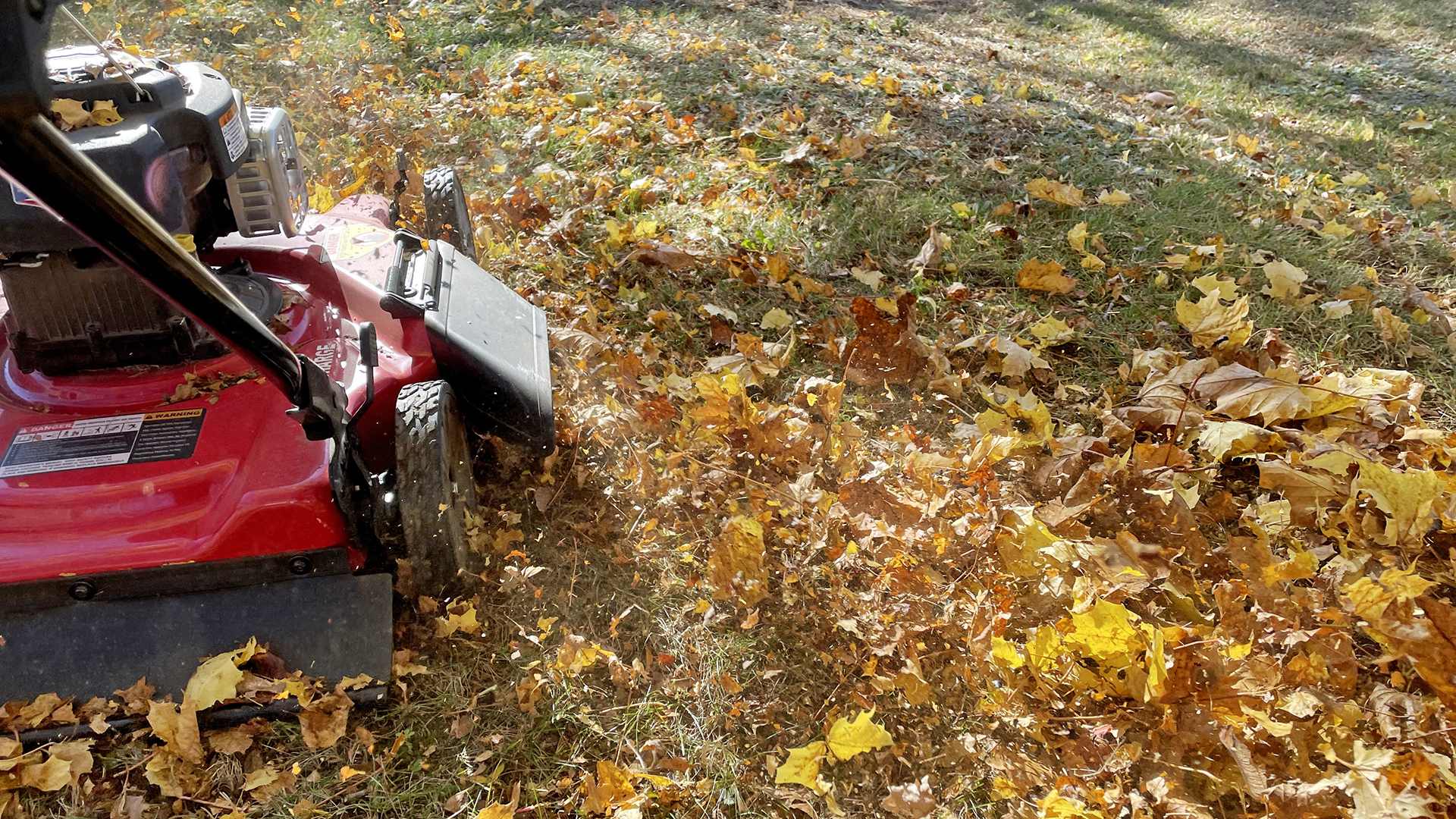Are you pondering the best leaf mulch uses for a pile of leaf mulch you have ready to use? Or perhaps you’re wondering if it’s worth making leaf mulch? We certainly think so. We've rounded up the best leaf mulch uses for every kind of garden, from vegetable growers to lawn care enthusiasts.
An underrated use for the best leaf blowers is gathering up fallen leaves from your yard to transform them into a leaf mulch pile. All it takes is leaves and some time and you could be reaping the benefits of these leaf mulch uses.
1. Refresh your potted plants
This is one of the niftiest leaf mulch uses for a smaller plot. Even if all you have are potted plants, adding leaf mulch into the potting soil can help make your blooms look their best. Because of the confined space, potting soil is quickly depleted of its nutrients, so adding some back in will help spruce up your potted plants.
2. Give your seeds the best chance of survival
Contrary to popular belief, plants don’t just need sunlight and water to thrive, they also need nutrients. Leaf mulch makes ideal plant food which means it’s perfect for starting seedlings in, to give them the best start and help them grow strong.
Expert gardener and Youtuber, Adam Whale, says, "I only ever use leaf mulch to improve the vegetable beds but it can be used to start off seedlings and in pots & containers as well.”
Before you sprinkle it around your plants, ensure you prep the soil properly. Make sure you fork out any weeds first, rake the surface of the soil and then water thoroughly so that the mulch keeps the water in the soil.
3. Grow better vegetables
Enhancing vegetable beds is one of the top leaf mulch uses as vegetables need a high level of soil nutrition in order to reach their optimum size and flavor potential. Leaf mulch is a free alternative to expensive growth-based vegetable fertilizers, so save some dough by burying some leaf mulch around your veg beds.
4. Supercharge your compost
If you have a pile of compost on the go then you might be pleased to know that you can quickly increase the quantity of compost you have by adding in leaf mulch. Well rotted leaf mulch can join your compost heap after around 6 months to one year, for a rich compost that will help your plants thrive. Mix with a sharp sand (a type of fine grit used for making soil mixes) in order to get the best soil ratio for general use.
5. Brighten your lawn
Leaf mulch isn’t just for vegetables and compost, one of the lesser-known leaf mulch uses is as an effective lawn fertilizer. Spreading a thin layer of leaf mulch around your lawn can help suppress common weeds like dandelions as well as improve the color and quality of grass growth. The leaf mulch doesn’t even have to be old, simply add a thin layer of shredded leaves directly to the lawn to mulch there.
Discover more guides for the garden…
Best pressure washers
Best snow blowers
Best chainsaws
Best patio heaters
Best inflatable hot tubs

